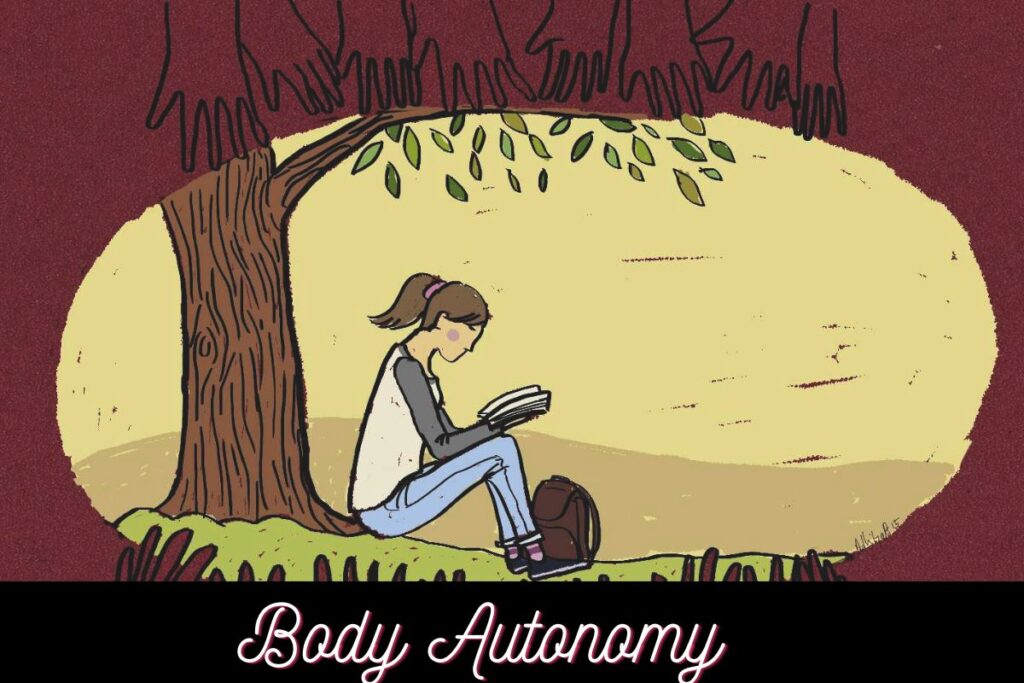What may have been clear to roughly half the population was recently confirmed by research that tracked the prosperity and decline of European regions between the 16th and 19th centuries.
The study concluded that countries that allowed women more freedom by delaying marriage until they were financially stable, such as the United Kingdom on the brink of the Industrial Revolution, had greater economic success. Those who did not keep up quickly left behind the pack.
The lesson? Everyone stands to gain if one group of people is relieved of an unjust share of the world’s problems.
This may be especially relevant in regards to women’s right to bodily autonomy, or the freedom to make decisions regarding their bodies without fear of aggression.
But according to the UNFPA survey, approximately half of all women do not have control over their bodies. From 87% to as low as 7%, women between the ages of 15 and 49 in the 57 nations studied reported having the freedom to make their own decisions about sexual activity with partners or husbands, using contraception, and accessing medical care.
Furthermore, the research states that regulations that require women to carry a pregnancy to term even if it is not viable, or that require them to leave their country to terminate a pregnancy, violate internationally recognized human rights.
As a result, the worldwide inequality in access to health care and other fundamental human rights may be growing in some parts of the world. Abortion has become more limited or outright prohibited in several countries, including the United States, Poland, and Nicaragua.
As we celebrate another International Women’s Day and this month’s recognition of Women’s History, it’s important to reflect on these reversals.
Women’s Bodies, Women’s Choices
The results of a woman’s life, from the number of years she spends in school to the amount of money she makes as an adult, can be affected by her access to abortion, as has been shown by several studies.
Over the course of a decade, researchers looked at the mental health of 1,000 women who had either had abortions or been denied them. Those who had been rejected reported increased anxiety and poorer self-esteem.
In a recent article, Margaret Atwood, author of the seminal dystopian novel The Handmaid’s Tale, lamented that for every headline highlighting advancements in reproductive rights, there seems to be another underscoring “how precarious these rights are, wherever you live.”
Nonetheless, the Center for Reproductive Rights reports that in the past few decades approximately 50 countries have liberalized their abortion legislation.
The United Nations Population Fund (UNFPA) reports that modern contraceptive use has more than doubled since 1994, while it predicts that 217 million women still have unmet requirements in this area as of last year.
Although the prevalence of female genital mutilation has decreased in countries where it is popular, as many as four million girls may still be cut in 2020, according to the United Nations Population Fund (UNFPA).In the same year, almost 12 million young women were married off before they turned 18.





